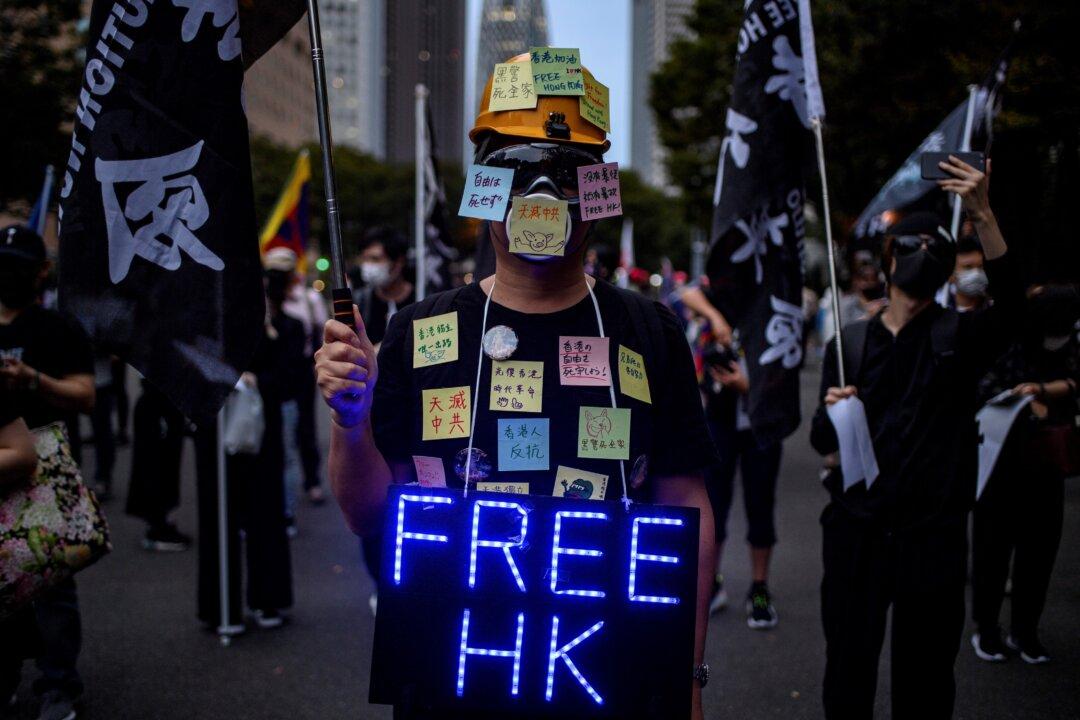The U.S. House of Representatives on Dec. 7 passed a bill that would provide temporary refuge for Hongkongers in the United States, as Beijing steps up its crackdown on pro-democracy protesters.
The House by voice vote passed the Hong Kong People’s Freedom and Choice Act of 2020 that would grant temporary protected status to Hong Kong residents currently in the United States who fear persecution if they were to return. It would also expedite the processing of refugee applications for Hongkongers fleeing persecution.





